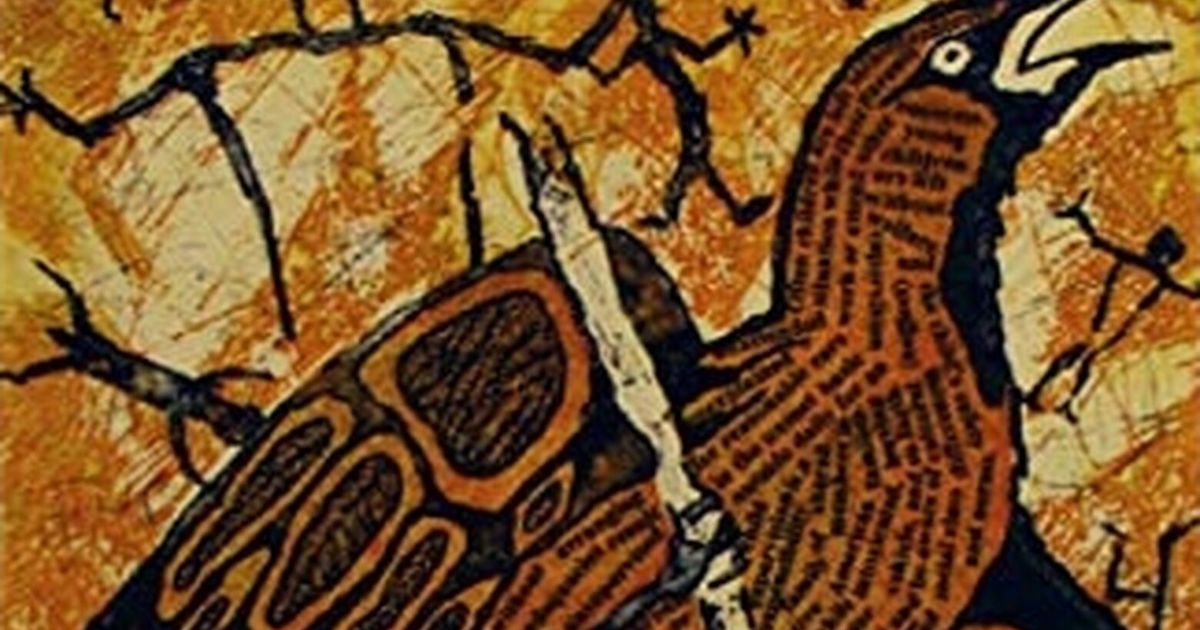
The exponential growth of the audiobook marketplace is amplifying ever more diverse voices, including Indigenous lives and experiences. Here is just a sampling of some outstanding recent audiobooks to listen to this Native American Heritage Month.
If there were ever a title that cried out to be heard aloud even among readers who otherwise prefer print, Nicola I. Campbell’s memoir, “Spíləx̣m: A Weaving of Recovery, Resilience, and Resurgence” is such a book. Spíləx̣m is a Nłeʔkepmxcín term for remembered stories, and award-winning Nłeʔkepmx, Syilx and Métis author Campbell meshes these recollections and tales with poetry, songs, letters and essays in vigorous English, casually interspersed with words from multiple Indigenous languages. Rendered on the page in glyph-laden phonetic spellings that are apt to confound the unlettered, these words take wing when released into sound. With her soothing voice, Campbell gives a heartfelt and moving performance, easily shifting between styles and registers, including a spirited spontaneous embodiment of her younger self, as she recounts her coming of age, and her eventual reckoning with and working to heal personal and collective colonial trauma. Late in the book, Campbell recalls a Lushootseed-speaking elder at a language conference in Seattle who wisely cautioned his listeners about the power of the stories we choose to tell, and their ability to heal and to harm. “They are a spirit within themselves, and we are only the channel that brings them to life. Like tiny beings, they dance, they move around and they enter us and that’s when they do their work.” With care, humility and stirring eloquence, Campbell puts her own stories to work in the best way possible, and we feel privileged to receive them.
In last winter’s column on hockey audiobooks, I neglected to include Fred Sasakamoose’s recent memoir, “Call Me Indian.” Born in 1933 on the Sandy Lake Reserve in Saskatchewan (now the Ahtahkakoop Cree Nation), at the age of 6, Sasakamoose was taken from a home “full of song, dance and tradition … of wonder and mystery … of family, love and community,” loaded into a truck bed full of crying children and sent away to St. Michael’s Indian Residential School in Duck Lake, where like thousands of other Indigenous children across North America, he suffered physical and psychological indignity and abuse. Sasakamoose found some escape through playing hockey, at which he excelled, eventually becoming the first treaty Indigenous player in the National Hockey League in 1953. St. Michael’s Residential school remained in operation until 1996. Sasakamoose died of complications from COVID-19 in 2020, before his memoir saw publication. In an inspired choice, his book is narrated by Cree attorney and chief Wilton Littlechild, himself a survivor of residential schools and an accomplished activist for Indigenous rights, reconciliation and healing. Littlechild brings a depth of experience and understanding from his own life to the reading, for a duly authentic and quietly moving listen. If Sasakamoose’s story sounds familiar, it was in part the inspiration of Richard Wagamese’s 2012 novel “Indian Horse,” recently adapted in an award-winning film of the same name, and given a powerful and persuasive audiobook narration by Jason Ryll. Whether through fiction or memoir, bearing witness to the tragic history of residential and boarding schools is essential to understanding the challenges and the struggle faced by Indigenous peoples of North America to this day.
Generational trauma casts a long shadow across Lakota author David Heska Wanbli Weiden’s gritty crime debut “Winter Counts.” Recovering alcoholic Virgil Wounded Horse scrapes together a meager living as muscle for hire, taking an unhealthy degree of satisfaction in meting out justice on those whose crimes are readily ignored by federal authorities. When his nephew Nathan almost dies from an opioid overdose, Virgil goes to work on his own behalf to run down the predatory dealers feeding off the hurt and poverty of South Dakota’s Rosebud Indian Reservation. Deeply conflicted over his own mixed-blood heritage, Virgil is a classic tarnished knight, and narrator Darrell Dennis gives a rueful, sardonic read that captures his tough and tender sides. Dennis has also recently narrated long overdue audio productions of three classic James Welch novels: “Fools Crow,” “The Death of Jim Loney,” and Welch’s 1974 debut, “Winter in the Blood,” subtly capturing the humor and heartbreak of Welch’s alienated antiheroes.
Listeners seeking something lighter may enjoy the L.A. Theatre Works production of Larissa FastHorse’s “The Thanksgiving Play,” a broad comic sendup of cultural sensitivity in which a desperately woke acting company attempt to redress the wrongs of American history via a diversified school pageant, only to discover that their lead actress is not, as they’d presumed, Indigenous. The actor’s farcical hypersensitivity is offset with cringeworthy excerpts from actual Thanksgiving plays, each more offensive than the last. The resilience of Indigenous humor in the face of these awkward extremes forms the backbone of non-Native author and narrator Kliph Nesterhoff’s “We Had a Little Real Estate Problem,” a fascinating and painstaking survey of Indigenous American history through the lens of entertainment, ranging from 19th century Wild West shows and vaudeville through the heyday of Will Rogers, and on to the Native comics of today.


More Stories
Harry’s claim he killed 25 in Afghanistan draws anger, worry
Prince Harry’s book exposes grief, war, drugs, family rifts
Tell us how you want to feel and we’ll tell you what to read next